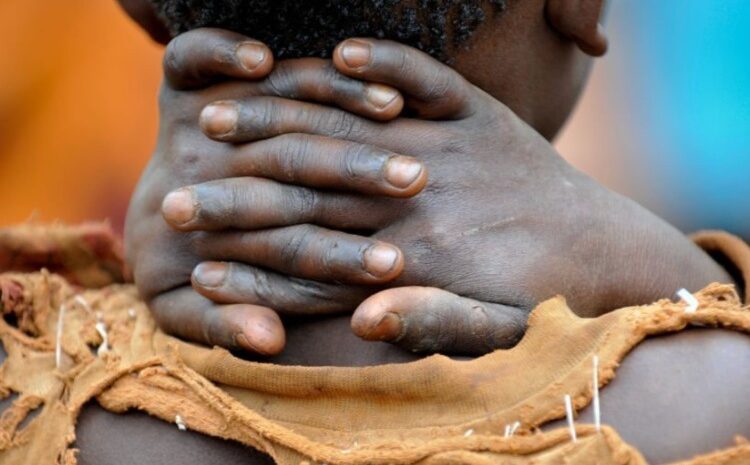“Burundi: The Struggle of the Poorest Country in the World”
Burundi is a small, landlocked country in the heart of Africa. Despite its beautiful scenery and rich culture, it is known for being the poorest country in the world. According to the World Bank, more than 65% of Burundians live below the poverty line, making it a country with one of the highest poverty rates globally.

The country’s economy is largely dependent on agriculture, which accounts for more than 30% of the country’s GDP and employs more than 90% of the population. The majority of farmers in Burundi are smallholders who struggle to earn a living wage due to a lack of infrastructure, access to credit, and low productivity levels.
Burundi’s history of political instability and civil war has also contributed significantly to its current economic struggles. Decades of conflict have led to a lack of investment in infrastructure, education, and healthcare. The country has a weak public administration system and is plagued by corruption and ethnic tension, which hinders economic growth and development.

The effects of poverty in Burundi are far-reaching and impact almost every aspect of life in the country. Malnutrition and hunger are widespread, and access to basic services such as clean water and healthcare is limited. Education is also a challenge for many, with only around half of school-aged children enrolled in primary school, and even fewer in secondary school.
The situation is particularly dire for women and children in Burundi. Women are often the primary caregivers in families and have limited access to education and job opportunities, making it difficult for them to provide for themselves and their families. Children are also affected by poverty in Burundi, with many lacking access to basic necessities such as food and healthcare. Child labor is common, with children often working long hours on farms or in other informal sectors to support their families.
In recent years, the Burundian government has made some efforts to address the country’s economic challenges. The government has launched a national development plan, which aims to promote economic growth and reduce poverty levels. The plan focuses on infrastructure development, improving access to education and healthcare, and promoting private sector investment. The government has also sought to strengthen its relationship with the international community, working with organizations such as the World Bank to access funding and technical assistance.

However, progress has been slow, and the challenges facing Burundi remain significant. Despite the government’s efforts, corruption and political instability continue to undermine economic growth and development. The country’s high population growth rate, coupled with limited job opportunities, also means that poverty levels are unlikely to decrease significantly in the near future.
In conclusion, Burundi is a country that faces significant economic challenges and struggles to provide even the most basic services to its citizens. Poverty is widespread, and the situation is particularly dire for women and children. The government has made efforts to address these challenges, but progress has been slow. To overcome the obstacles, Burundi needs sustained investment in infrastructure, education, and healthcare, as well as policies that promote private sector growth and job creation. It also needs to tackle corruption and political instability head-on, while working with the international community to access funding and technical assistance. Only by addressing these issues can Burundi hope to break free from the cycle of poverty and create a brighter future for its citizens.
Writer
Naza Rahida Siddiqe Priya
Intern, Content Writing Department
Requin BD





1 Comments
Sara Shahrin Moumi
May 12, 2023
The life of burundi is full of miseries. 2023 is getting forward all the way of life. But these kind of situation also remain.